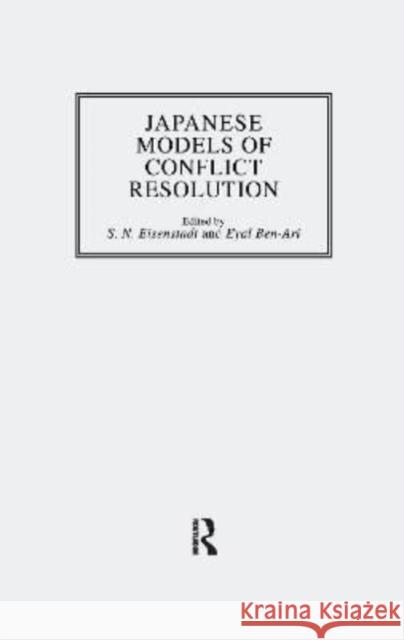Japanese Models of Conflict Resolution » książka
topmenu
Japanese Models of Conflict Resolution
ISBN-13: 9781138973657 / Angielski / Miękka / 2016 / 250 str.
Japanese Models of Conflict Resolution
ISBN-13: 9781138973657 / Angielski / Miękka / 2016 / 250 str.
cena 225,25
(netto: 214,52 VAT: 5%)
Najniższa cena z 30 dni: 216,55
(netto: 214,52 VAT: 5%)
Najniższa cena z 30 dni: 216,55
Termin realizacji zamówienia:
ok. 16-18 dni roboczych.
ok. 16-18 dni roboczych.
Darmowa dostawa!
First Published in 1990. Routledge is an imprint of Taylor & Francis, an informa company.











